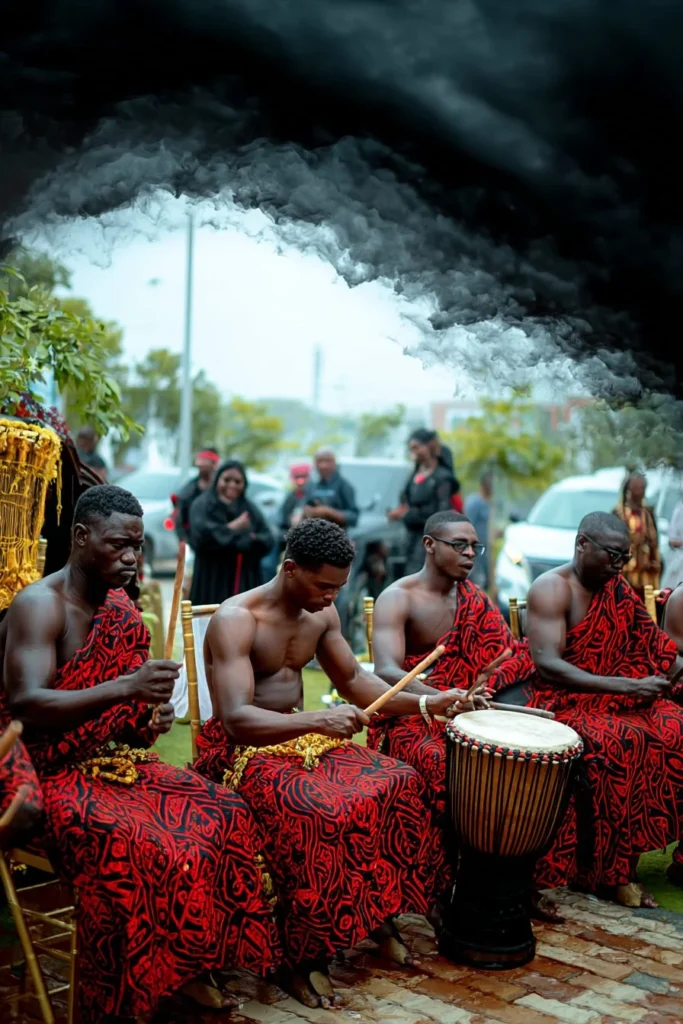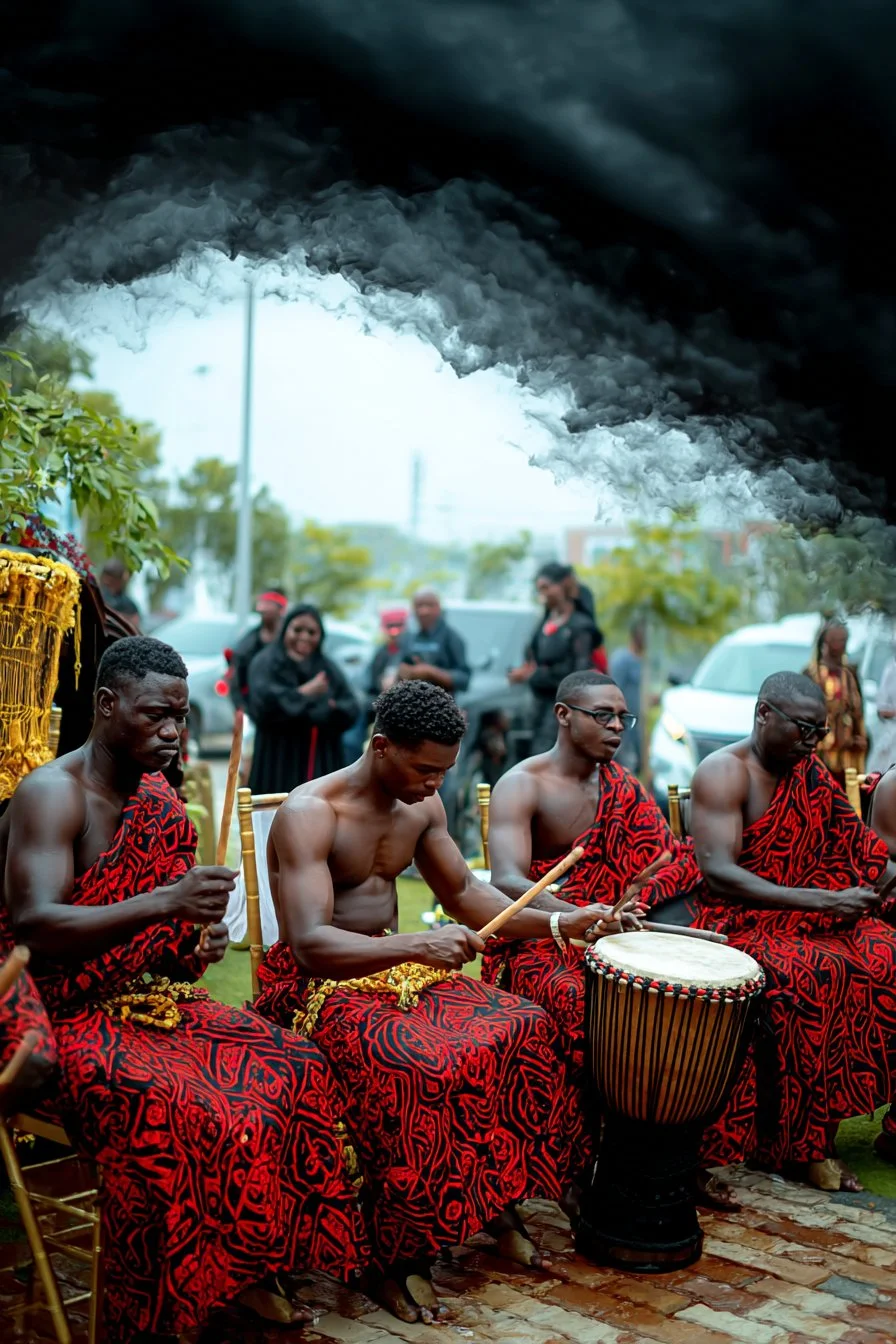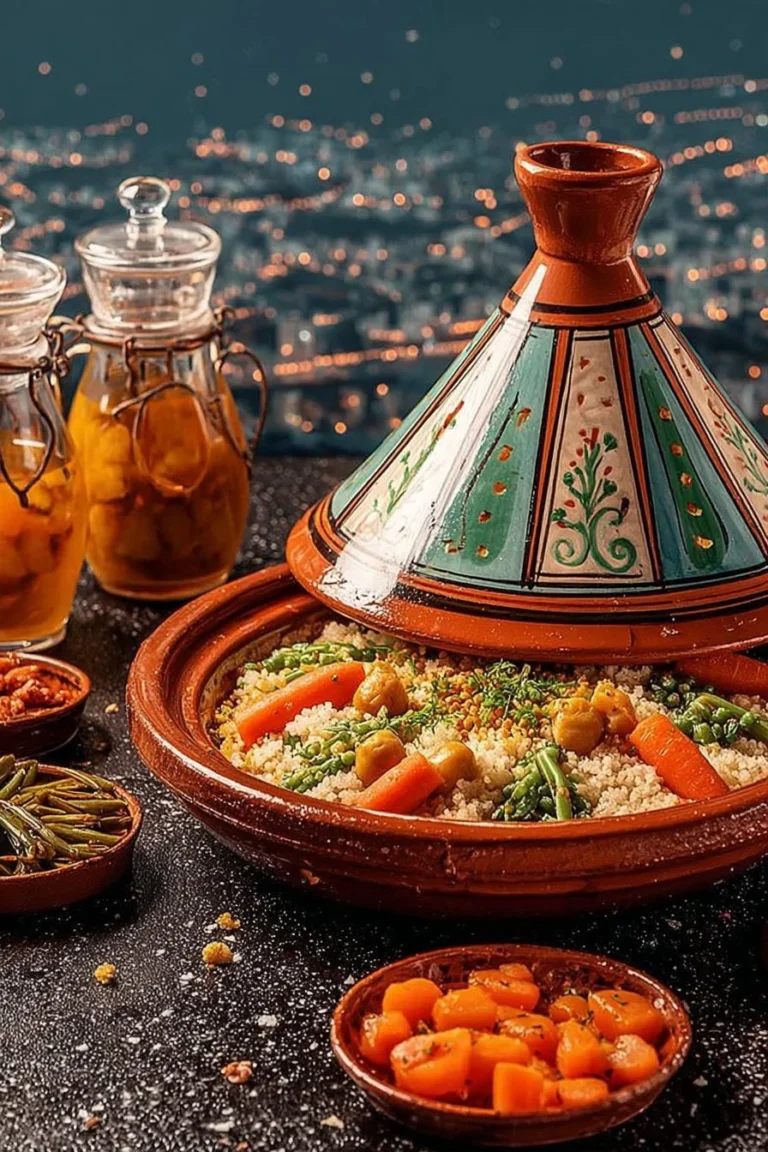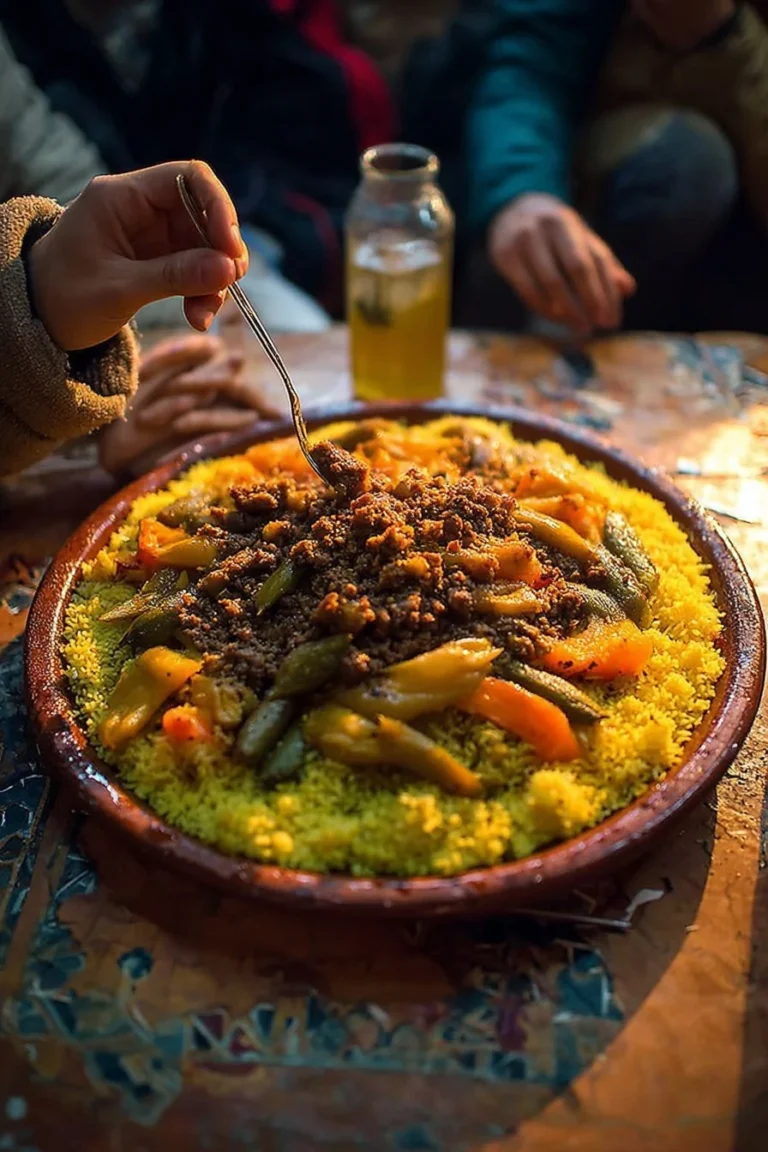Unveiling the Rich Tapestry of Cultural Experiences in Africa
Africa, a continent pulsating with life and diversity, is a treasure trove of cultural experiences that beckon travelers from all corners of the globe. From the breathtaking landscapes to the vibrant traditions, each region presents a unique narrative that celebrates the essence of human expression and collective identity. This article explores the multifaceted cultural experiences that Africa has to offer, highlighting the traditions, arts, festivals, and culinary delights that define its rich heritage.

1. Artistic Traditions: A Canvas of History
The artistic heritage of Africa is as varied as its people, with each community showcasing its skills through vibrant textile designs, captivating sculptures, and intricate beadwork. The Maasai in Kenya are renowned for their colorful shukas (cloaks), while the Ndebele people of South Africa are celebrated for their geometric house paintings.
In West Africa, the tradition of kente weaving from Ghana reflects a profound history intertwined with tales of royalty and spirituality. Visitors can immerse themselves in workshops, learning directly from local artisans and gaining insights into the techniques passed down through generations.
2. Celebratory Festivals: A Mosaic of Joy
Festivals are a vibrant expression of culture across Africa, offering a window into the local way of life. The Timkat Festival in Ethiopia celebrates Epiphany with colorful processions and ceremonial reenactments. This radiant event showcases the Ethiopian Orthodox Church’s rich traditions through music, dance, and communal feasting.
In Zambia, the Kuomboka Festival marks the annual migration of the Lozi people in a magnificent display of tradition. Visitors are greeted with lively music, traditional attire, and the majestic Ngombo canoes that take center stage during this waterway journey.
3. Culinary Adventures: A Taste of Diversity
African cuisine is a delicious reflection of its diverse cultures, with each region boasting unique flavors and ingredients. From the spicy tagines of North Africa to the savory jollof rice of West Africa, culinary experiences are an adventure for the senses.
In Morocco, food lovers can explore bustling souks, where aromas of spices such as saffron and cumin intermingle with freshly baked bread. Engaging in a traditional cooking class allows visitors to create mouthwatering dishes while learning about the significance of food in cultural rituals.
In South Africa, the Braai—a barbecue tradition—brings together communities to share stories, laughter, and delicious grilled meats. Participating in a local Braai not only offers a taste of local flavors but also fosters camaraderie and connection.
4. Music and Dance: The Heartbeat of Culture
Music and dance are fundamental elements of cultural expression across Africa, resonating with rhythm and emotion. The drum, often referred to as the heartbeat of the community, plays a pivotal role in African musical traditions.
The Xhosa people from South Africa have unique vocal traditions characterized by intricate harmonies and call-and-response patterns, often accompanied by dance that tells stories of the ancestors.
In West Africa, the vibrant sounds of Afrobeats and Highlife reflect contemporary narratives rooted in cultural heritage. Visitors can experience this lively scene in local bars and during street festivals, joining in the dance and celebrating community spirit.
5. Spiritual Journeys: Connections to Ancestry
Spirituality in Africa is deeply intertwined with culture and identity, often expressed through rituals that honor ancestors and the natural world. Many travelers seek out opportunities to engage in traditional ceremonies, gaining insights into the rich spiritual practices of various communities.
In Botswana, the San people offer a glimpse into their ancient practices through storytelling and healing rituals that emphasize the profound connection between humanity and nature. Travelers are welcomed into this sacred world, learning the significance of earth, sky, and their ancestral ties.
Conclusion
Africa’s cultural experiences are as boundless as the continent itself. From the artistic expressions and joyful festivals to delectable cuisine and rich spiritual narratives, each experience contributes to the vibrant tapestry that is African culture. Embracing these traditions invites travelers to not only witness but also participate in the diverse cultural rhythm of the continent, forging connections that transcend borders and time. As you prepare your journey, let the call of Africa inspire you to explore its profound heritage and the stories waiting to be told.




